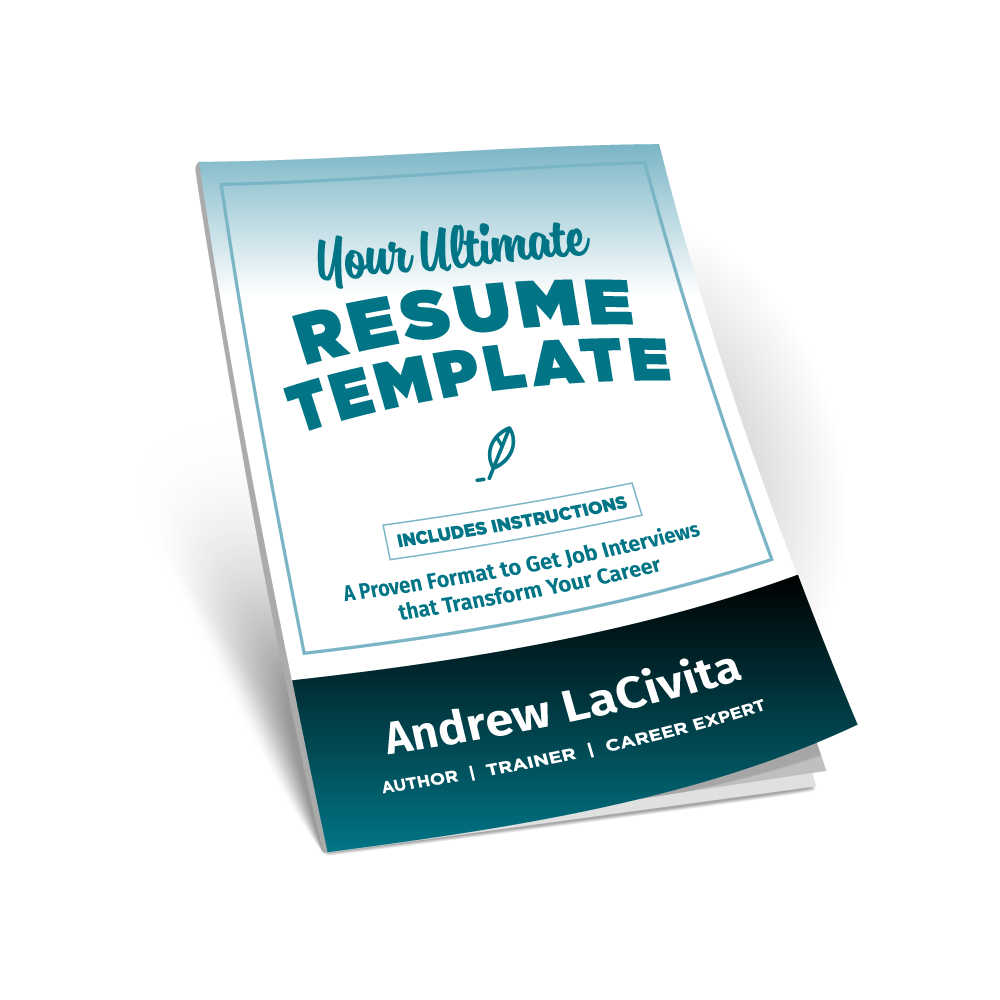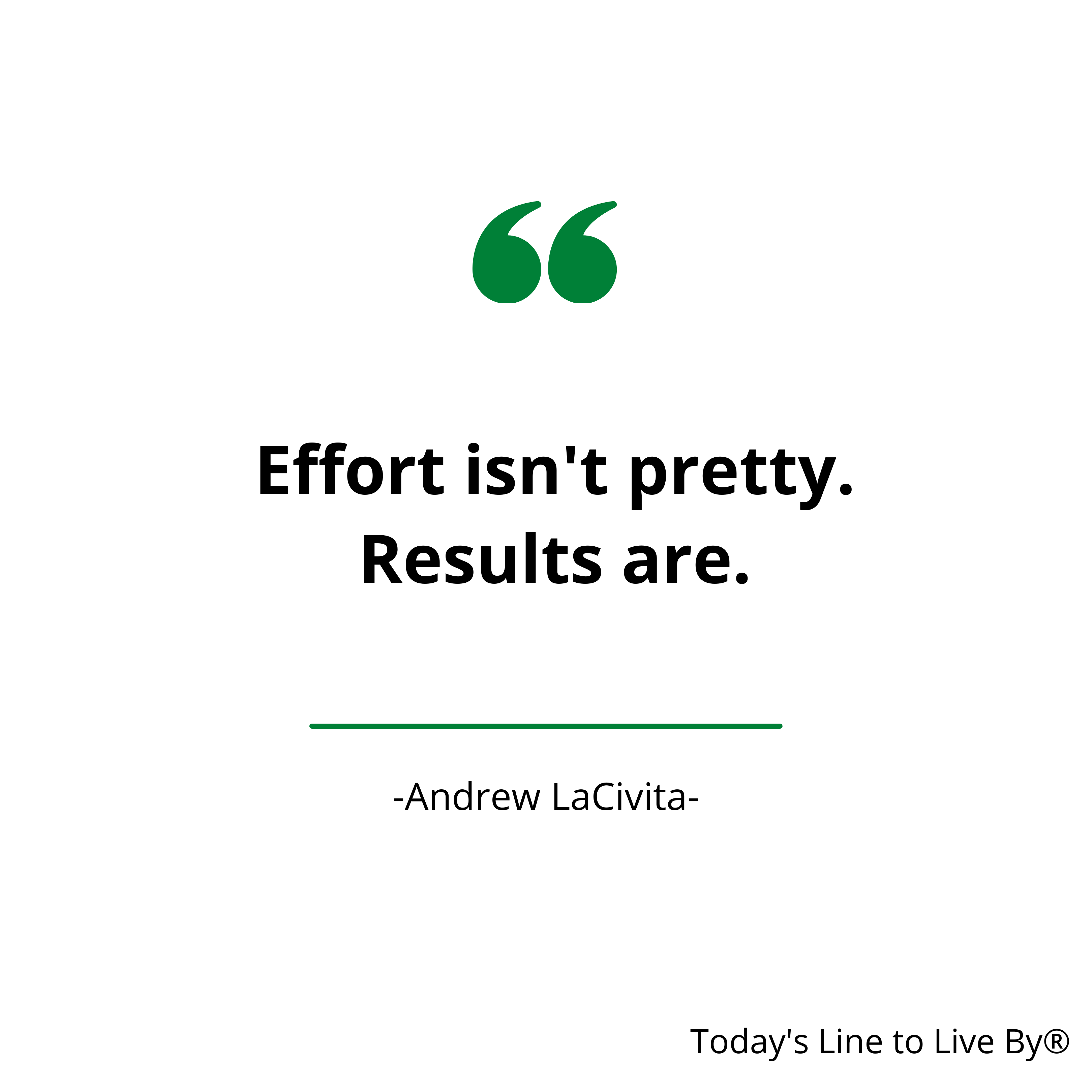As part of Interview Intervention: Communication That Gets You Hired, I included what I consider the 14 most effective job interview questions an employer can ask a job candidate. While there are loads of great interviewing techniques and questions, I feel it’s important to balance time and effectiveness when determining whether a candidate and employer relationship will be strong long-term.
To aid in that effort, I identified the 14 I consider the most comprehensive—to gain the best understanding of the candidate’s overall fit in the least amount of time. I am gradually releasing these through the blog and today’s is Number 14. You can see a complete list immediately by downloading a complimentary ebook from the milewalk website!
Effective Job Interview Question #14: Describe your ideal boss.
With this question, employers are evaluating whether the job candidate will fit well with her potential boss and what type of people the candidate gets along with. It also helps determine whether the candidate will require or want extensive supervision.
Other ways this question might be disguised include “What did you love about your favorite boss?” and “What do you not like about your current boss?”
I think this is a fantastic question for many reasons. First, realize that 80 percent of employees are open to leaving their current employer (or have left a job at some point) because of their boss. That statistic is based on input provided from more than 11,000 candidates milewalk has interviewed. Of those candidates, 80 percent cited their boss as one of their top three reasons they would be open to changing jobs.
If that’s the case, why wouldn’t employers ask this question? I’m actually quite baffled when they don’t. (The same goes for the candidate when given the opportunity to ask questions.) Second, it will provide the interviewer insight as to whether you want (or don’t want) or need (or don’t need) a micromanager.
Before we review what to do, let’s review what not to do. Do not, unless expressly asked, comment on what you don’t like about your current or former bosses. You might think it sounds silly that I consciously pointed this out. The reason it is important for you not to fall into this trap is because quite often it is easier to describe what you want by sharing what you don’t want. When I interview candidates and ask them to cite their needs, an estimated 40 percent want to brainstorm based on what they don’t want. (I always attribute to this to the fact that negative—and recent—emotions carry more memory and weight.) For example, “I don’t want a micromanager” or “I don’t want to be locked in an office for forty hours every week” and so on. Remember, speaking about the positive qualities and what you actually want not only will present a more accurate picture, it will actually elicit a more positive response from the interviewer.
Stay focused on all the good qualities you want in a boss (or people, for that matter). Some of the greatest bosses and leaders are individuals who provide support, trust, mentorship, coaching, autonomy, freedom, and other means to allow the employee to grow. Some people might want to be motivated out of fear, but most prefer nurturing and support. Whichever qualities you seek in a boss, highlight the positive traits and leave negative ones alone.









Leave A Comment